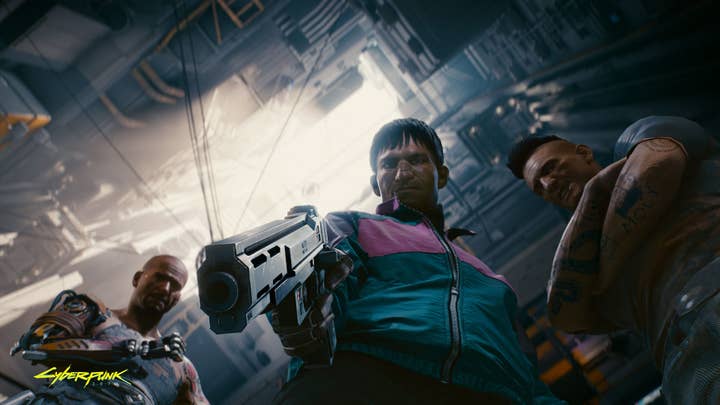CD Projekt Red wants to be "known for treating developers with respect"
Company is pushing "non-obligatory crunch policy" for development of Cyberpunk 2077, asking workers to push back if hours are too much
The Witcher development studio CD Projekt Red has joined the ongoing industry conversation on crunch, saying it will emphasize an existing "non-obligatory crunch policy" as it finishes development on its next title, Cyberpunk 2077.
Speaking to Kotaku, co-founder Marcin Iwiński said that the policy has been in place for some time, but that the studio will be pushing it harder, and that even though employees may be asked to work nights and weekends, they don't have to. He adds that he hopes the public statement will encourage employees to speak up to managers if they do not want to work those extra hours.
However, while CD Projekt Red's crunch may not be obligatory, it still may be common practice. Some employees who reached out to Kotaku in the wake of its investigation into Anthem's development noted the similarities between Anthem's development story and that of Cyberpunk 2077. They also said the studio had instructed the team to work through Polish holidays this year and had set aside mandated periods for vacations to be taken - one in the summer, another in the winter.
The studio's management confirmed this policy was in place this year, but indicated that the need to work excess hours was due to development ramping up.
"From a wider perspective, we need to remember that the whole production takes, say, four years, sometimes five years, and most of the time, like three years, there's no crunch," said studio head Adam Badowski. "There's no additional hours. Sometimes before E3 [we crunch], but most of the time the production is super normal. We are talking about the very last round towards the release. And it's always difficult to manage, but you know that there are some complications. It's really difficult not to use all the forces at the very end.
"Plus there's another factor-sometimes we have unique specialties, very unique people, and you cannot clone them. We need them to work on highly specific things. And we need to ask them to spend more time on something highly specific because there's no other way to do it. It's mostly R&D or very special requests, like tools."
Iwiński said that the company wanted "to be known for treating developers with respect," a desire that may have been sparked by conversations occurring following the release of The Witcher 3: Wild Hunt. In October of 2017, the studio received a number of negative Glassdoor reviews that criticized the company for excessive crunch, poor pay, and mismanagement.
At the time, Iwiński and Badowski responded to the concerns in a joint statement that largely focused on reassuring fans about the status of Cyberpunk 2077.
"This approach to making games is not for everyone," it read. "It often requires a conscious effort to 'reinvent the wheel' --even if you personally think it already works like a charm. But you know what? We believe reinventing that wheel every friggin' time is what makes a better game. It's what creates innovation and makes it possible for us to say we've worked really hard on something, and we think it's worth your hard-earned cash. If you make games with a 'close enough is good enough' attitude, you end up in a comfort zone. And you know where the magic happens."
Now, as the studio looks ahead to Cyberpunk 2077, Badowski said that in the final sprint to release, "I think we can promise that it'll be better than The Witcher's finishing period."

